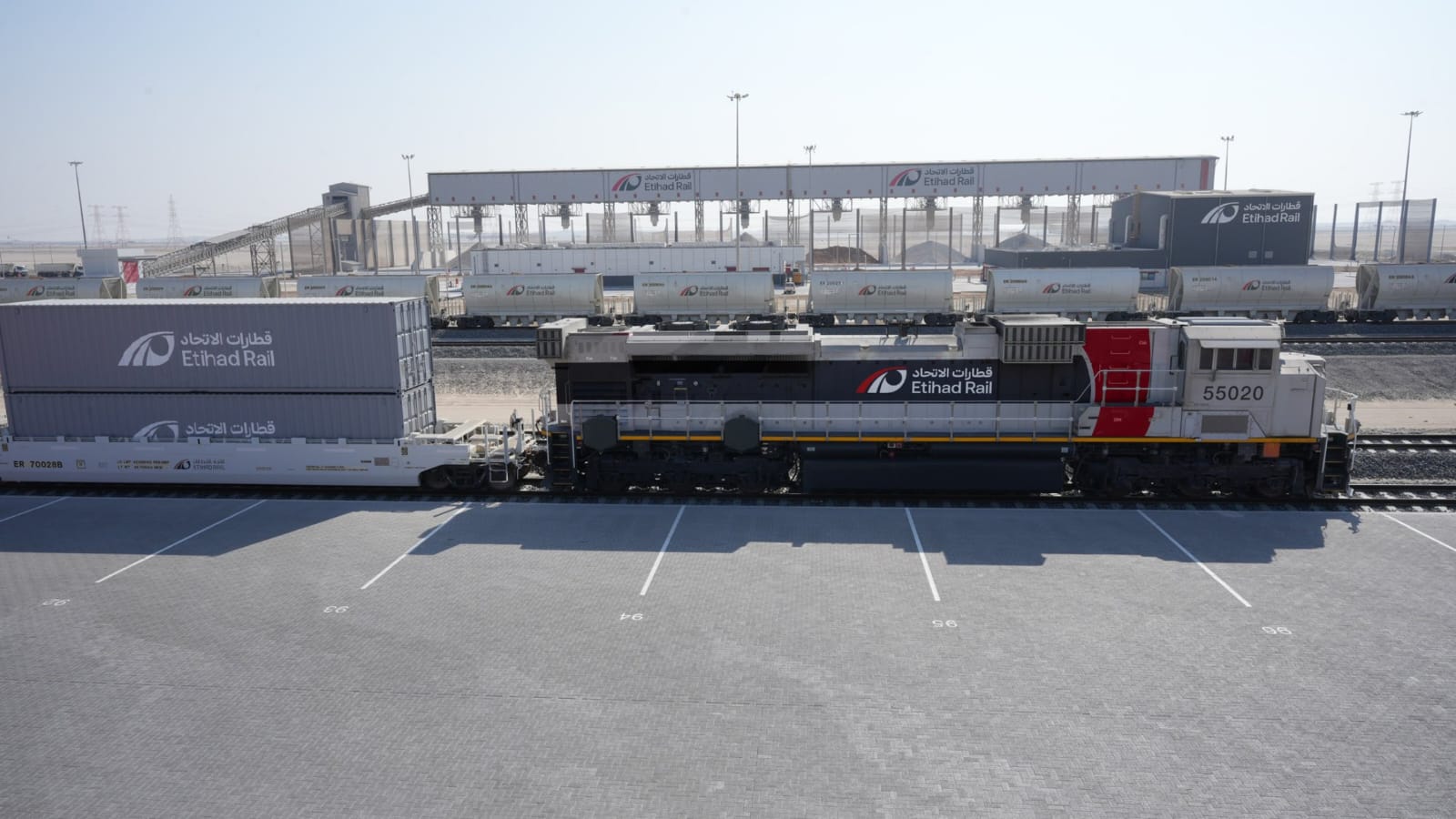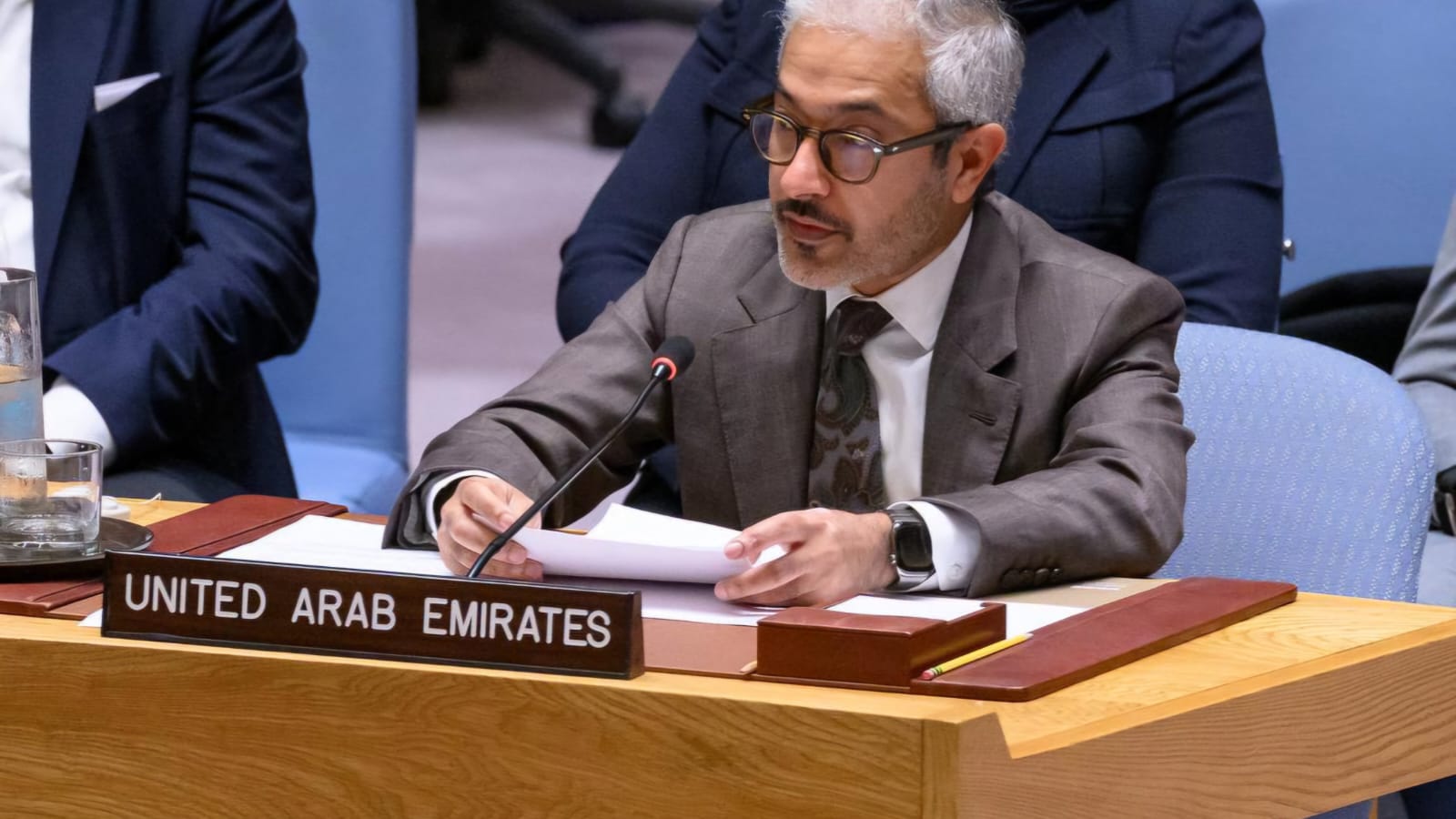Dubai-based Jumeirah Group, one of the leading names in luxury hospitality, is embarking on an ambitious global expansion with the goal of doubling its portfolio to 62 properties by 2030. According to the group’s Chief Executive Officer, Thomas B. Meier, this growth aligns with a long-term strategy of sustainable development across key international markets. With a sharp focus on gateway cities and renowned resort destinations, Jumeirah is placing particular emphasis on expanding into Europe and the Americas.
This planned expansion signals not just a numerical increase in properties but a deeper commitment to positioning Jumeirah as a major international brand in the luxury hospitality sector. It represents a significant evolution from its Dubai origins to a global presence that reflects the changing dynamics of travel and luxury tourism worldwide.
A Widespread Portfolio Across the Middle East, Europe, Asia, and Africa
As of 2025, Jumeirah Group operates 31 properties—15 within the UAE and 16 overseas. These properties span 13 countries across the Middle East, Europe, Asia, and Africa, supported by a workforce of over 11,000 professionals. This broad footprint demonstrates the group’s global ambition and operational scale.
Among its most recognized assets is the iconic Burj Al Arab in Dubai, an enduring symbol of luxury and architectural innovation. Yet the brand is moving beyond traditional luxury models to incorporate modern, culturally immersive, and experience-focused properties designed for today’s discerning travelers.
New Additions in Africa and Further Growth Within Dubai
Jumeirah’s latest ventures mark its official entry into the African hospitality market. Toward the end of 2024, the group launched two luxury properties: Jumeirah Thanda Island in Tanzania and Jumeirah Thanda Safari in South Africa. These ventures reflect a strategic interest in Africa’s growing appeal as a destination for high-end, experience-driven tourism.
Simultaneously, the group continues to deepen its presence in Dubai with a series of new openings. In March 2025, Jumeirah Marsa Al Arab was officially launched, adding another premium destination to Dubai’s hospitality map. Additionally, three upcoming projects were announced: Jumeirah Asora Bay in La Mer South, a blend of hotel and residential offerings, and Jumeirah Residences Emirates Towers, situated in the city’s bustling heart. These developments aim to serve both international tourists and local luxury lifestyle seekers.
Expansion Across Europe With Major Renovation Projects
Jumeirah’s European strategy combines new market entries with major renovation of existing landmarks. One of its key European projects is the comprehensive renovation of Jumeirah Le Richemond in Geneva. This property is undergoing an extensive transformation, reinforcing the group’s commitment to quality, elegance, and regional cultural integration.
This addition complements Jumeirah’s current properties in Italy, Spain, and the United Kingdom. These are markets with mature tourism infrastructure, offering fertile ground for expanding a luxury brand like Jumeirah. By renovating and modernizing older properties while maintaining cultural heritage, the group is enhancing its European footprint with a thoughtful and high-quality approach.
Middle East Developments Extend To Saudi Arabian Coastline
Within the Middle East, Jumeirah’s expansion remains robust, including into Saudi Arabia—a country actively building its high-end tourism industry. The group will soon debut Jumeirah The Red Sea on Shura Island, a property that will feature several of its signature experiences. This includes SAL, the popular beachfront dining concept; Kayto, a Nikkei cuisine destination; and Talise Spa, which will offer both indoor and outdoor treatment options tailored for wellness-focused travelers.
This new location exemplifies Jumeirah’s strategy of merging luxury with cultural and environmental context. Wellness, lifestyle, and immersive local experiences are now central to many new properties, reflecting changing guest expectations and travel trends.
Post-Pandemic Travel Surge Revitalizes Hospitality Industry
The broader context of Jumeirah’s expansion is a global resurgence in tourism following the COVID-19 pandemic. So-called “revenge travel”—the rush to resume travel plans paused during lockdowns—has spurred record-breaking growth in the hospitality sector. In 2024 alone, Dubai received 18.72 million overnight visitors, marking a rise of more than nine per cent compared to previous years. This influx has driven higher hotel occupancy rates and significantly boosted business performance across the tourism and hospitality industries.
Jumeirah, with its strategic presence and diversified offerings, has been among the primary beneficiaries of this recovery. Its ability to attract international visitors through signature properties while also serving domestic guests through staycations has proven to be a successful dual strategy.
Local Residents and Staycations Support Sustainable Occupancy
Beyond international travel, the role of residents in the hospitality ecosystem is growing. According to CEO Meier, staycations among UAE citizens and residents now play a critical part in Jumeirah’s occupancy and food & beverage performance. With Dubai’s growing population and a lifestyle geared toward luxury and leisure, more locals are choosing to vacation close to home.
This shift has created a stable year-round demand that complements the seasonal nature of international tourism. Residents are increasingly engaging with Jumeirah’s offerings, not just for hotel stays but also for fine dining, wellness services, and social gatherings—further integrating the brand into daily life in Dubai and beyond.
Personalized Travel Experiences and Cultural Connection Take Priority
In response to evolving traveler preferences, Jumeirah is emphasizing experiences that are personal, purposeful, and deeply rooted in culture. Today’s travelers seek more than comfort—they want meaning, connection, and authenticity. Meier notes a growing demand for offerings that reflect local traditions, personalized service, and emotional value.
In addition, wellness travel has emerged as a major theme in the group’s future planning. Guests now place a premium on experiences that contribute to physical and mental well-being. Jumeirah’s properties increasingly incorporate spa treatments, mindfulness activities, fitness amenities, and wellness-oriented cuisine, creating a comprehensive and healing travel environment.
Looking Ahead: Innovation, Culture, and Flexible Growth Models
As the group advances toward its 2030 goal, its future outlook rests on a balanced blend of innovation, cultural awareness, and operational flexibility. The target of 62 properties is not just about numerical expansion; it’s about elevating the luxury travel experience and introducing new standards in design, service, and sustainability.
Jumeirah’s approach is defined by collaborative agreements with property owners and operators in strategic cities. This flexible growth model allows the brand to tailor each project to the local market while maintaining its distinct identity. Rather than replicating a fixed design template, each new hotel or resort is designed with its location, culture, and guest preferences in mind.
This philosophy is enabling Jumeirah to enter competitive global markets with a meaningful, customized offering—strengthening its appeal to travelers who value distinctiveness and relevance in their hotel experience.
Building A Global Future From Dubai’s Hospitality Excellence
With a bold goal set for 2030, Jumeirah Group is steering its way toward becoming one of the most recognized luxury hospitality brands in the world. The strategy of doubling its portfolio reflects more than corporate ambition—it is a reflection of global travel’s new landscape and the rising demand for quality, culture-rich, and wellness-focused hospitality.
From iconic landmarks like the Burj Al Arab to its emerging ventures in Africa, Europe, and the Middle East, Jumeirah is crafting a future that honors both its Dubai heritage and its global aspirations. The group’s emphasis on sustainability, personalization, and cultural engagement positions it well in an increasingly competitive and discerning travel market.
Through thoughtful expansion and guest-centric innovation, Jumeirah is not only setting new benchmarks for luxury hospitality but also redefining what it means to travel well in the modern world.









1 Comment
[…] waterfront destinations. For residents, commuters, and tourists navigating the vibrant Marina, Jumeirah, and Dubai Harbour areas, this update is crucial for planning smooth and hassle-free journeys. In […]
Comments are closed.